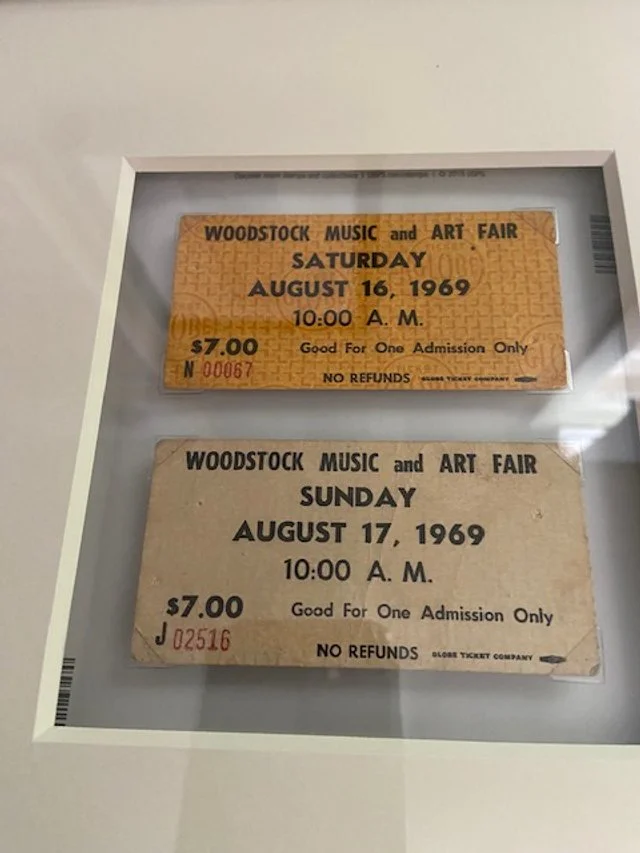Jim Tauber
June, 1969. Glencoe, a reserved suburb of Chicago, stirred with a different kind of energy that summer. Vietnam, protestors, summer of love. There, I bumped into John Goldman, an old friend from middle school, his eyes sparkling with a conspiratorial gleam. He declared he was leaving on a wild escapade - a psychedelic road trip fueled by a decommissioned school bus and a yearning for something more. And invited me.
John had assembled a motley crew. Bob Myers, our high school's golden boy athlete, and Jeff Harris, another football star on his way to West Point, joined the fray. The three of us, fueled by mescaline's kaleidoscopic visions, boarded the plane on a Monday, our hearts brimming with rebellion and adventure.
We painted houses for the summer, in a constant waft of weed. The yellow school bus, transformed by Bob’s artistry, its backside painted with a huge depiction of the Zig Zag man, and its utilitarian interior morphing into a haven of mismatched mattresses. We were nomads, painting our way across New England, each stroke a rebellion against the monotony of the college.
Bleecker Bob's record store in Greenwich Village became a pilgrimage site. We left, clutching our tickets to Woodstock, passports to a promised land of music and togetherness. The festival itself was a sensory overload – a swirling vortex of mud, music, and a haze of psychedelics. We shared joints with the Grateful Dead, their music a soundtrack to a summer of love and liberation. Every stranger a friend.
But as with all summers, ours reached its inevitable end. The Monday after the festival, a melancholic grey settled. I said goodbye to my comrades, as I ironically headed to basic training in Tacoma, the shared adventure a forever memory. I hitched a ride on a flatbed truck hauling scaffolding, the irony not lost on me: a temporary stage dismantled as I embarked on my own solo journey.
In the solitude of the ride, the magic truly unfolded. Nickel-plated guitar strings electrified the air, evocative and iconic. It was Jimi Hendrix, his Fender Stratocaster singing a spellbinding anthem of the times. He was playing a medley, and to my hazy brain, interwoven with the familiar strings was none other than the Star-Spangled Banner.
Here I was, alone on a truck bed, leaving behind a generation-defining event, on a grey Monday dripping with rain. Hendrix, in his only documented morning performance, was serenading me, a lone hitchhiker, with a reimagined national anthem. What a juxtaposition; rebellion wrapped in patriotism, a challenge to the status quo.
Words fail to capture the shiver of surprise and delight that ran down my spine then, a feeling that resonates today. It was a perfect moment, a solitary communion with music and history, a validation of the transformative power of art. Hendrix, in his irreverent and emotional playing, echoed the spirit of Woodstock – a spirit that, like that psychedelic summer, forever altered the landscape of my life.

